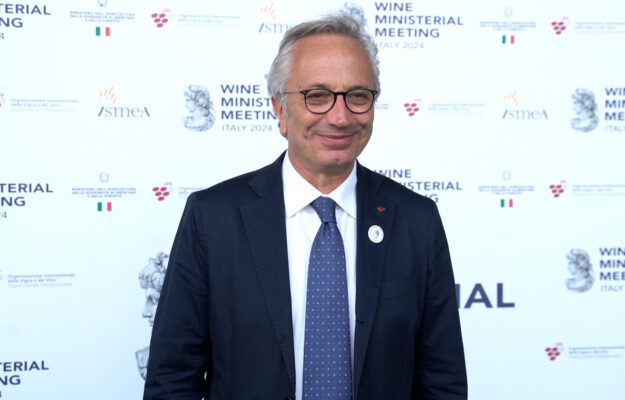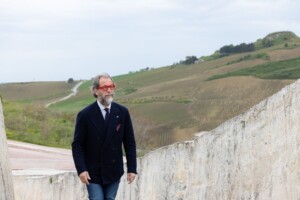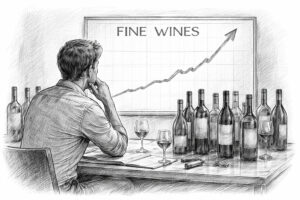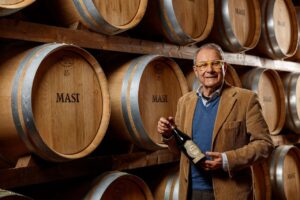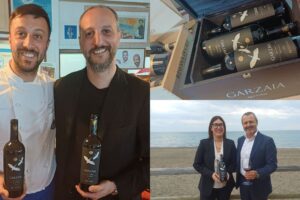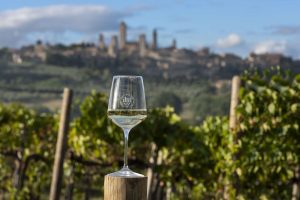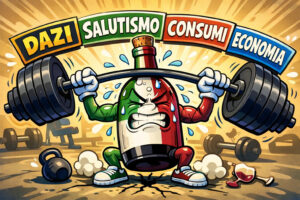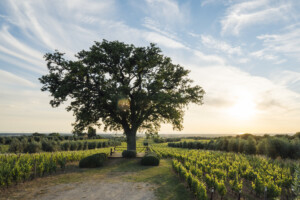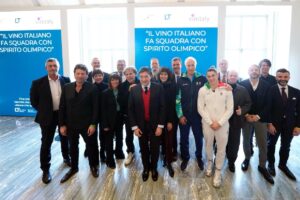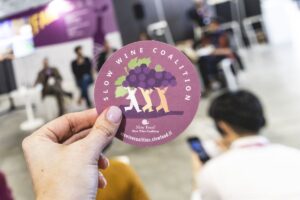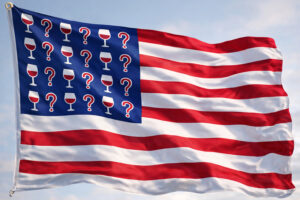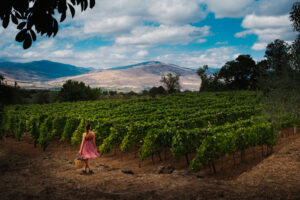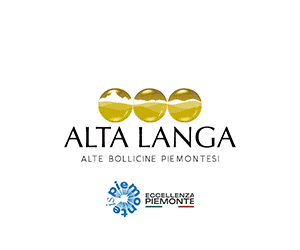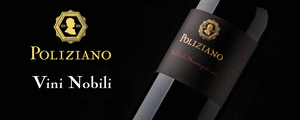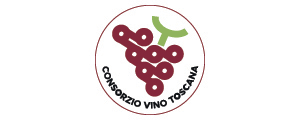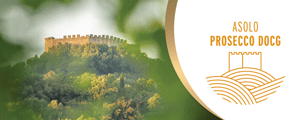“Wine is a carrier of culture, an ambassador of territories, a fundamental element of cultural and intellectual policy, we need to pass this on to future generations. Young people must discover the beauty of wine and distinguish it from other alcoholic beverages. Wine is unique because it is an agricultural product, anchored in the territories and must be a real expression of the places of production. I hope that a common document will come out of this conference and the one in Dijon in October to support the supply chain”. So said Luigi Moio, president of the International Organization of Vine and Wine (OIV), at the “Wine Ministerial Meeting”, today, in Franciacorta, at Ca’ del Bosco (and tomorrow in Verona, for OperaWine and Vinitaly), an initiative wanted by the Minister of Agriculture, Francesco Lollobrigida, together with the OIV president, an organization celebrating 100 years of history, in a moment of international confrontation to face the challenges and draw the future of world wine. Reflections that are also at the basis of the technical document, presented to the delegates of the various countries at the start of the meeting, divided into six chapters and priorities (Wine Sustainability Strategies; Genetic Diversity of Plant Material and Climate Change; Quality Production and Environmentally Friendly Technologies; Strengthening the Market for Fresh Grapes and Other Processed Grape Products; New Balances between Supply and Demand in the Wine Market; Information on the Value of Wine and its Traditions, ed.) that formed the mainstay of the work and discussion, and will then be refined in the final version, which will be published in October 2024, in the OIV’s centennial celebrations in Dijon.
A meeting, today’s, that brought together the great wine powers such as France and Spain but also representatives from Albania, Algeria, Armenia, Austria, Azerbaijan, Bulgaria, Chile, Cyprus, Georgia, Germany, Greece, North Macedonia, Moldova, Montenegro, New Zealand, Peru, Portugal, Czech Republic, Romania, Serbia, Slovakia, Spain, South Africa, Sweden, Switzerland, Hungary and Uzbekistan, and that has begun to produce the first results. “There has been”, Luigi Moio stresses, “total convergence from all countries. Meanwhile, interest in the world of wine, viticulture. A convergence on all points, starting with the great challenge of climate change, and, therefore, sustainability, the rebalancing of demand. However, the interesting thing that emerges, from this supply chain, is that the first aspect behind the strategies in controlling climate change and being able to continue growing quality grapes in this new scenario, the key tool is the grapevine. We have almost 10,000 varieties of vines around the world and that can actually help different countries, so there could be an exchange of varieties that are better suited to the territories that can affect, not replacing them but complementing them, because you can’t replace a variety, thus becoming improving vines in this changed scenario: as before the improving vines were those that, probably, produced a higher alcohol potential, today they are those that maintain more acidity, lower ph to rebalance the historical vines. In the OIV there are 50 countries, it is an organization that covers 75% of the area planted with vines, 90% of production, 89% of world consumption, and even small countries that rightly ask for help from larger countries. This is an important fact because it means that wine fascinates, it is a unique and completely different drink from others that rests its success on diversity. We are all optimistic, even if there is this small contraction in consumption, or a rebalancing between white, red and rosé but I am really optimistic. It is not possible to think of a future without wine, there is no question about that. Italy, France and Spain are taken as landmarks, appreciated, esteemed, they are the history of this drink. France and Italy compete for supremacy on production, France as a value produces a bit more and that is what will need to be done in the future in Italy as well”.
Copyright © 2000/2026
Contatti: info@winenews.it
Seguici anche su Twitter: @WineNewsIt
Seguici anche su Facebook: @winenewsit
Questo articolo è tratto dall'archivio di WineNews - Tutti i diritti riservati - Copyright © 2000/2026










